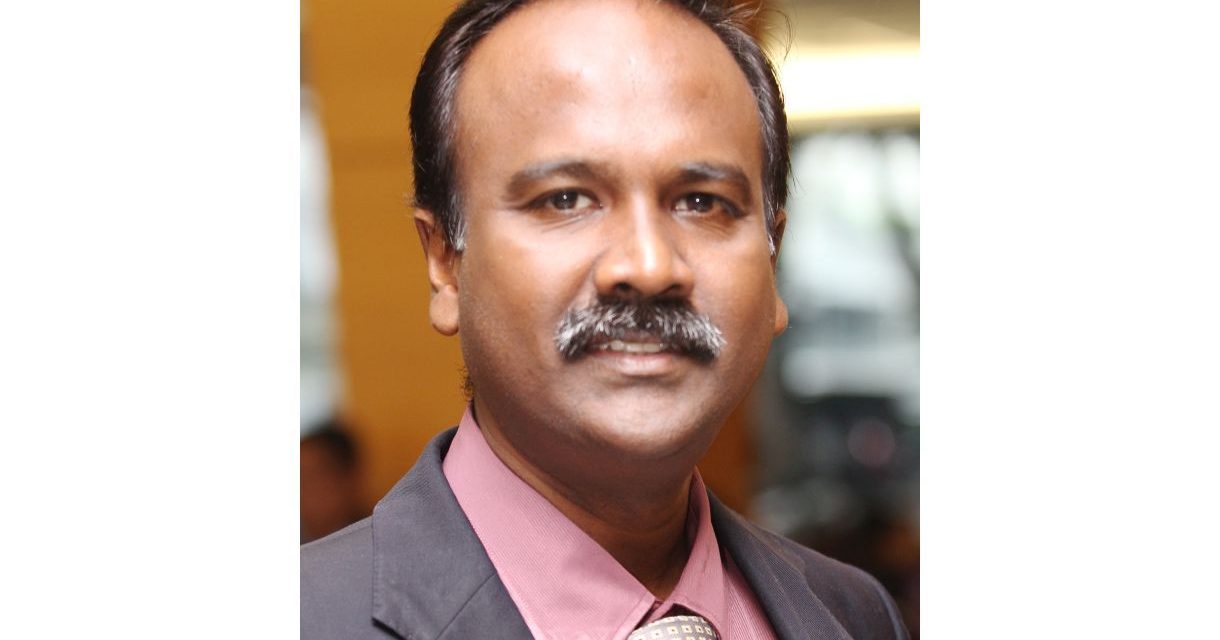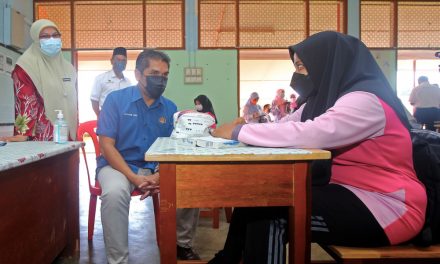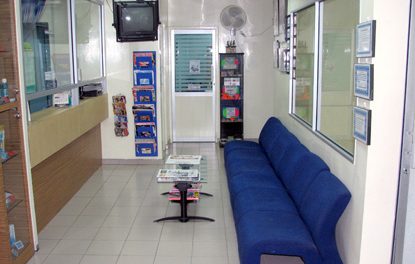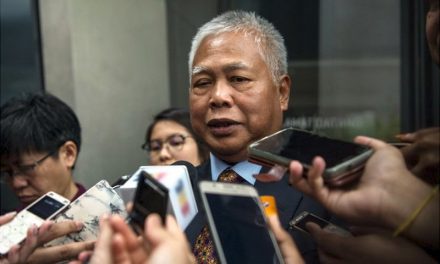PUTRAJAYA | It is compulsory for employers to seek employment approval for foreign workers from the Labour Department director-general, says the Human Resources Minister.
V. Sivakumar said this approval covered all categories of foreign workers, including expatriates, under amendments to the Employment Act 1955.
“The reason employers need to get the approval is because rejected applications previously were due to their failure to comply with labour laws.
“Section 60K(4) of the Employment Act 1955 serves as effective early screening of employers to ensure they have clean records that are aligned with employment standards,” he told reporters at the ministry office here on Wednesday (Dec 21).
Sivakumar added that the country’s image and credibility had been tarnished by forced labour issues where local glove and palm oil companies were banned from marketing their products in the United States.
Last year, US Customs and Border Protection (CBP) banned Smart Glove Corp Sdn Bhd’s rubber gloves from entering all its ports due to alleged forced labour practices.
CBP issued a withhold release order (WRO) against disposable gloves produced by the company based on information that indicated the company’s production facilities utilised forced labour.
The same department also banned the import of palm oil due to similar labour issues the previous year.
Sivakumar also said implementation of the amended Act would proceed on Jan 1, and it was made in accordance with International Labour Organisation (ILO) recommendations.
“It should proceed as we have passed the Bill in Parliament (on March 30),” he said.
Previously, there had been calls from employers to defer the implementation of the amended Act.
Initially, it was supposed to come into force on Sept 1, but this was pushed to Jan 1 to ensure that implementation by employers went smoothly.
The amendments include flexible working arrangements; an increase in overtime for employees with wages up to RM4,000 per month; a reduction of working hours from 48 hours to 45 a week; 60 days of hospitalisation leave per year in addition to non-hospitalisation sick leave; an increase in maternity leave from 60 days to 98; and paternity leave of seven continuous days per birth.









